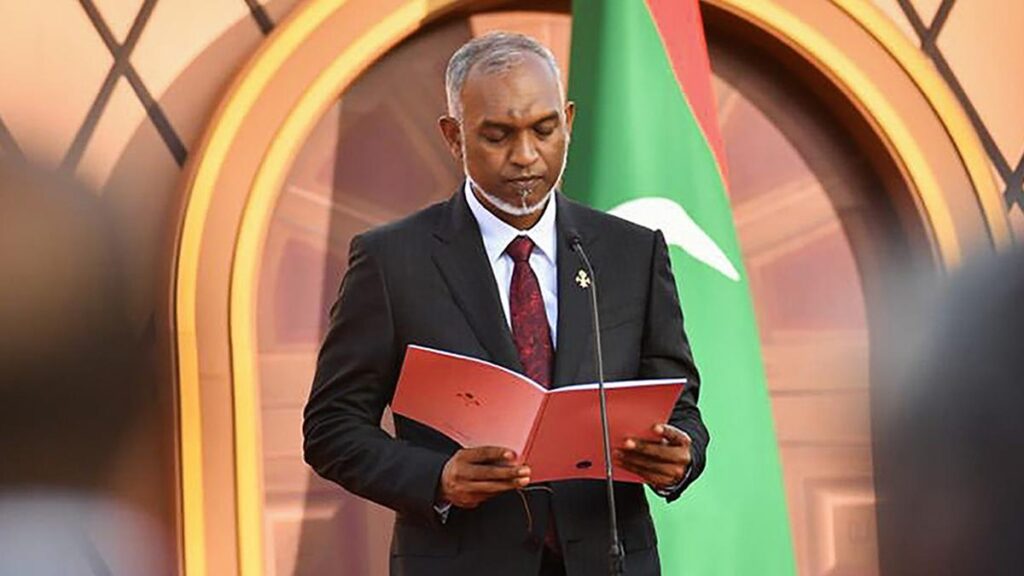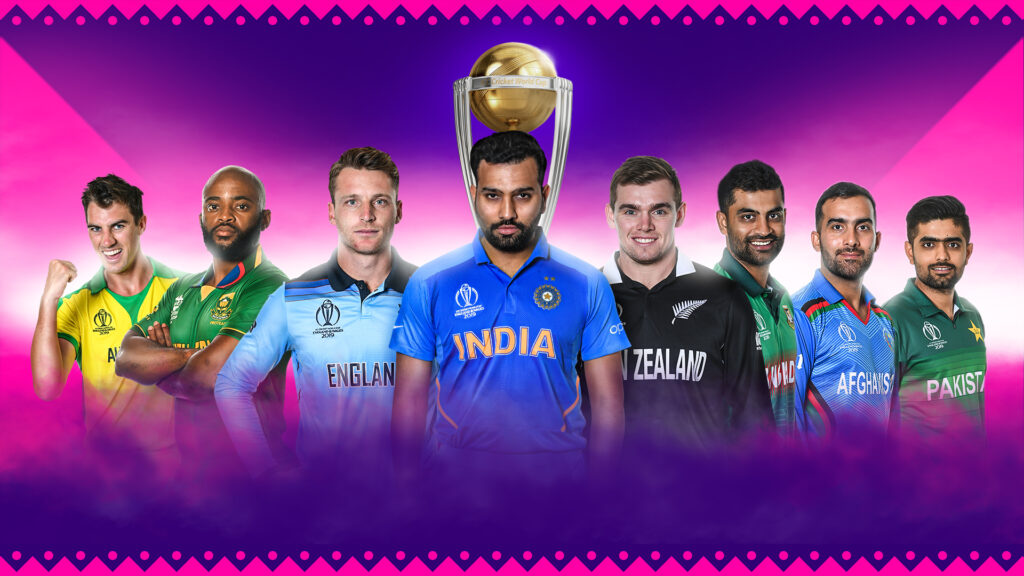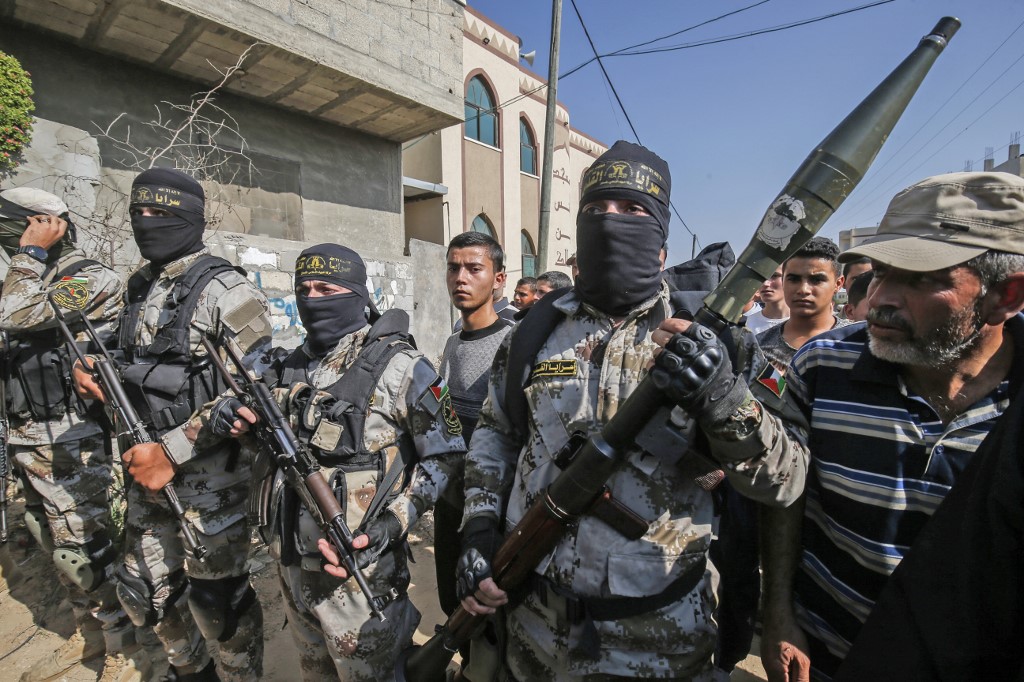New Delhi:
Addressing the inauguration event on his elevation as the president of the Maldives, Mohamed Muizzu said he will ensure that the small Island nation “has no foreign military presence on its soil”. Soon after, during a meeting with Union Minister Kiren Rijiju, the President formally requested New Delhi to withdraw its military personnel. Indian government souces have said the two sides have agreed to discuss “workable solutions” to continue the use of Indian military platforms by the island nation as they serve the interests of its people.
Indian Troops In the Maldives
India has just about 70 soldiers in the island nations. These personnel operate India-sponsored radars and surveillance aircraft. Indian warships in the region help patrol the country’s exclusive economic zone. According to a statement issued by his office, President Dr Muizzu acknowledged the significant role of two Indian helicopters in numerous emergency medical evacuations. This small group of Indian soldiers have been stationed in the Maldives for several years now. Earlier, the Ministry of External Affairs had said India’s cooperation with Maldives is based on jointly addressing shared challenges and priorities. India’s assistance and platforms that have contributed significantly in public welfare, humanitarian assistance, disaster relief, and in combating illegal maritime activities in the island nation, the ministry had said.
A Geopolitical Hotspot
An island nation about one-fifth the size of Delhi, the Maldives is home to about 5 lakh people and is a popular tourist destination. But amid the growing strategic signficance of the Indian Ocean region and border tensions between key Asian players India and China, the island has become a geopolitical hotspot. Both New Delhi and Beijing have invested generously in development in the island as part of a long-term geopolitical outlook. While the Maldives President has stressed that it wants to work together with both India and China, he has underlined that the island nation is “too small to be entangled in geopolitical rivalry”.
The China Angle
President Muizzu succeeds Ibrahim Mohamed Solih, whose tenure saw a boost in ties between the island nation and New Delhi. A former minister and Mayor of Male, President Muizzu is close to former President Abdulla Yameen, who borrowed heavily from Beijing during his tenure from 2013 to 2018. A year back, Muizzu had told the Chinese Communist Party that he wanted stronger ties with Beijing should his party win the elections. “We look forward to returning to government in 2023, with President Yameen at the helm, to script a further chapter of strong ties between our two countries, both domestically and internationally,” he had said. When Yameen was barred from contesting the election because of a criminal conviction and an 11-year jail term for corruption, he nominated Muizzu.
A Balancing Game
Post a commentFollowing his election to the top post, Muizzu has pushed for the withdrawal of Indian troops from the Maldives on the grounds of security. “When it comes to our security, I will draw a red line. The Maldives will respect the red lines of other countries too,” he said after being sworn in. He has clarified in an interview to AFP that he does not intend to upend the regional balance by replacing Indian military with Chinese troops. The Maldives President is clearly trying to strike a fine balance in its ties with India and China. In his meeting with Union Minister Rijiju, he discussed the progress in projects India is backing in the Maldives. “President Dr Muizzu and Minister Kiren Rijiju concluded the meeting with a renewed commitment to fortify the bilateral relations between the two countries,” the statement said.




